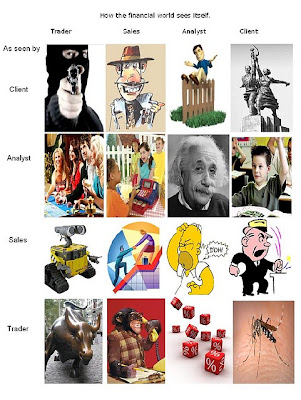Incentives Matter
(1) – I had my first test of the semester last week in Financial Accounting. If you would like to see a copy of that test, drop me a note at Jhoyle@richmond.edu. (2) - Several weeks ago I heard part of a story on National Public Radio. It was about British sea captains who were transporting prisoners to Australia in the 1700s. Unfortunately, many of the prisoners were dying along the way. So, the British government changed the way they paid the sea captains. They began to pay only for each prisoner who arrived in Australia alive. Not surprisingly, the death rate dropped to nearly zero almost immediately. The punch line of the story was that incentives matter. I am a believer that you can encourage people to do almost anything if you figure out the right incentives. With an incentive that matters, people can practically leap tall buildings in a single bound. Like every teacher, I get frustrated by my students on occasion. I give an assignment and they don’t do it or they d
